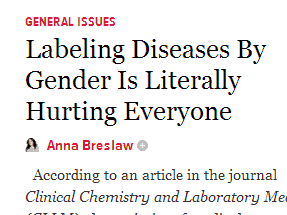Get Rid of This One Word and Literally Improve Your Writing


As part of Newspaper 101, a recurring series from News To Live By that turns the newspaper itself into a teaching tool, today we explore a common term
that has worn out its welcome.
The word in question has literally been used so many times that we hardly notice it.
Did you literally just miss it?
OK, here it is again.
Literally
Much like the word ‘amazing,’ which I discussed at length in a post in early March, the word ‘literally’ has lost all meaning because, simply put, we use it too much.
‘This is literally the funniest thing I’ve ever seen…’
‘You have literally got to be kidding me…’
‘Are you literally about to do this?’
‘Literally’ has become a filler word, an uninspiring adverb that adds zero flavor or style to a sentence.
I’ll be the first to admit: I catch myself using ‘literally’ in daily conversation, and it may be tough to permanently remove the word from our vernacular. But if you want to improve your writing, ‘literally’ literally needs to go.
A recent example from the Web site Jezebel:
In the above headline, what does ‘literally’ mean? If we label diseases by gender, are we dramatically hurting everyone? Dangerously? Mistakenly?
Aside from overuse, the word ‘literally’ doesn’t let us say what we mean. With that headline, I don’t know what the writer is trying to tell me. That makes me bored. And then I move on.
No matter what we write — blog post, cover letter or work email — the #1 goal is to have the person on the other end read the entire thing. If we’re vague, the reader loses interest and finds something more captivating.
Details turn a ho-hum story into an unforgettable one. Otherwise, no one would know about the incredible life of Harry Stamps. That’s why specifics are literally unquestionably the best way to enhance your work.
As you write, ask yourself: what mood or sense am I trying to convey? The English language has hundreds, nay thousands, of words guaranteed to illuminate your writing.
‘Literally’ is literally certainly not one of them.
What other words and phrases do we use too often? Which ones bug you the most?
Share below!
Featured photo: West Midlands Police (Flickr)




Related Articles
April 10, 2014
How to Improve Everything You Write in Under Three Minutes
The quickest way to sharpen your work.
Read More
February 3, 2015
The Networking Email Journalists Love but No One Ever Sends
Don’t pray for media coverage. Build relationships.
Read More
June 11, 2017
8 Punctuation Mistakes That Make You Look Dumb
HERE ARE THREE OF THEM RIGHT NOW!! 🙂
Read More